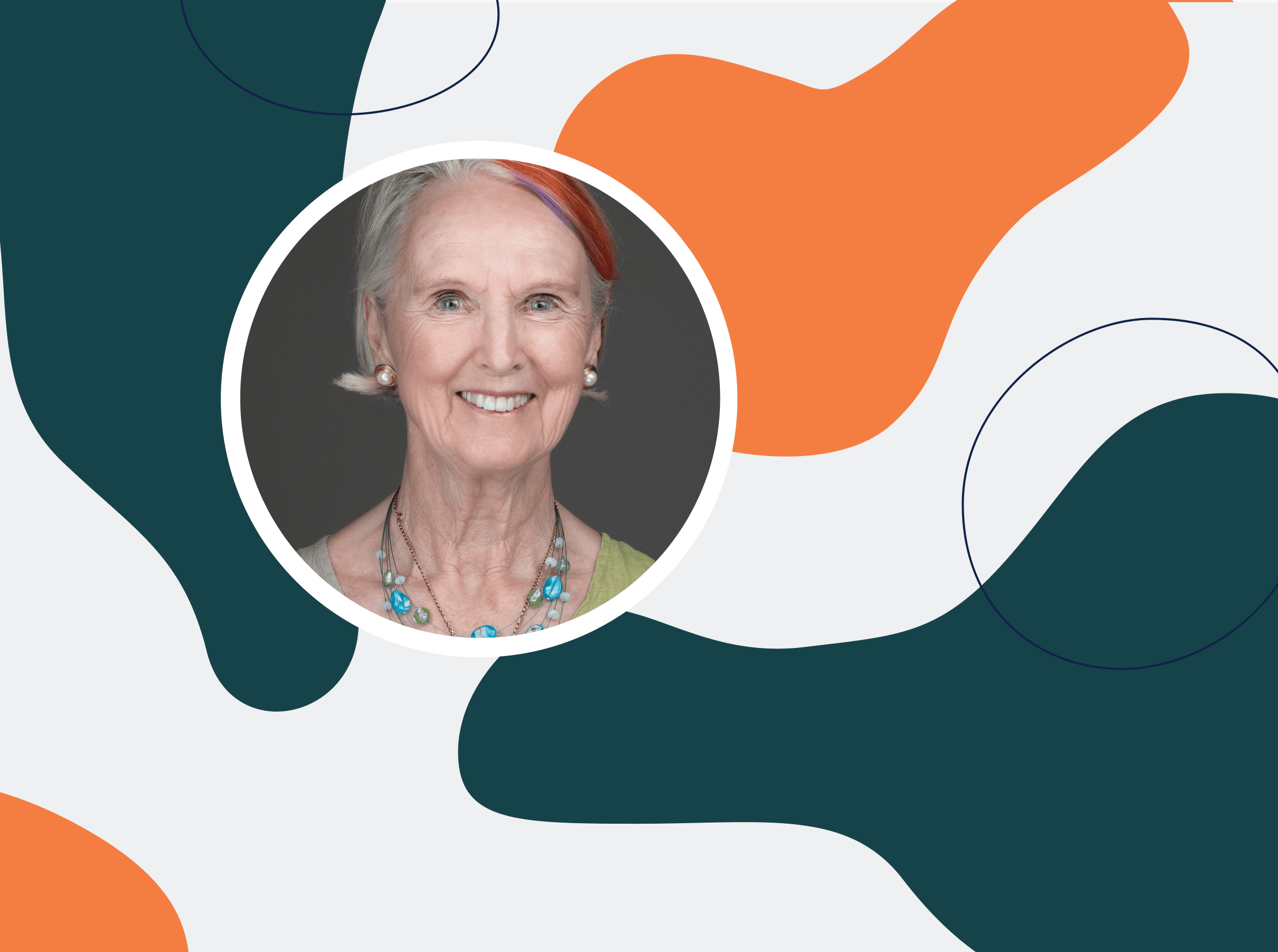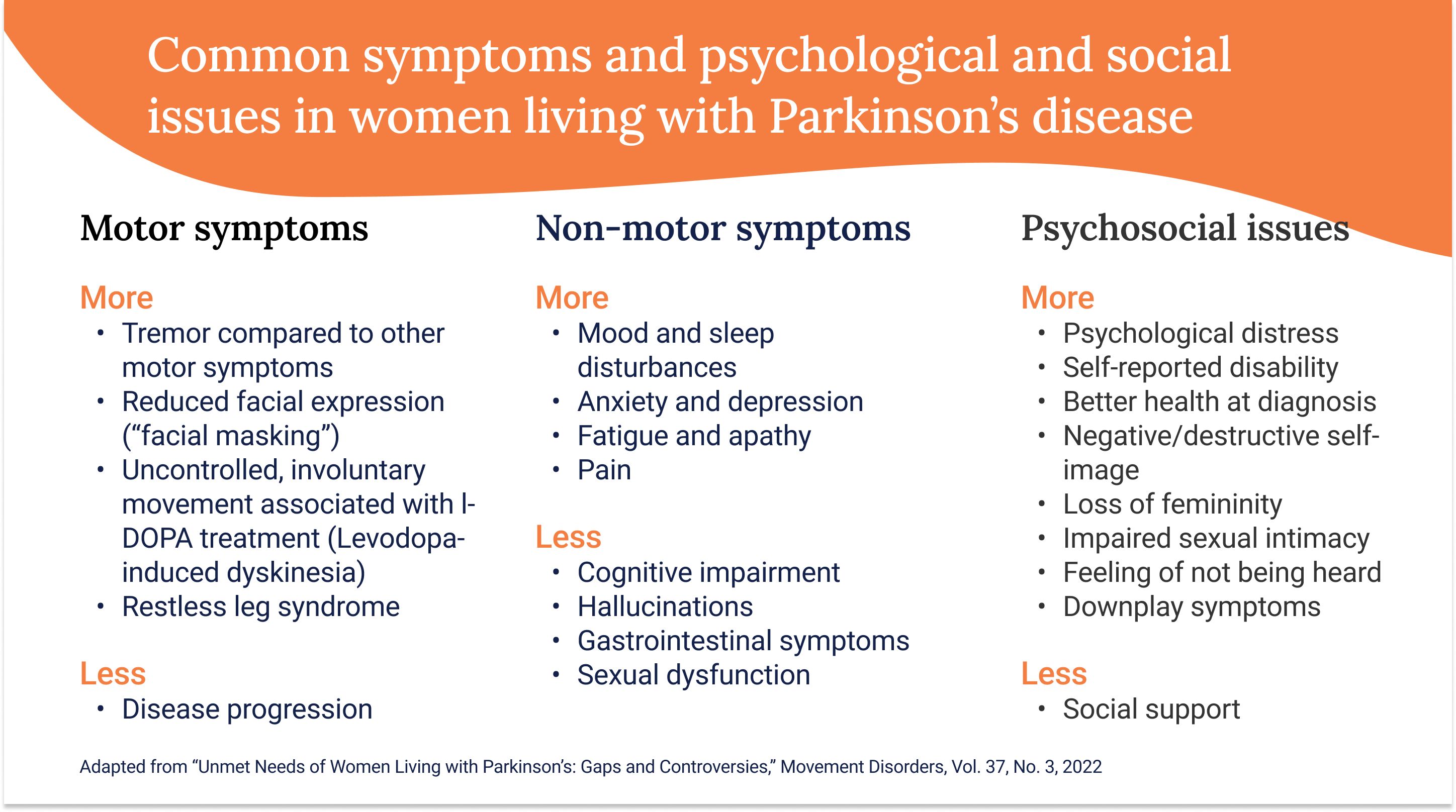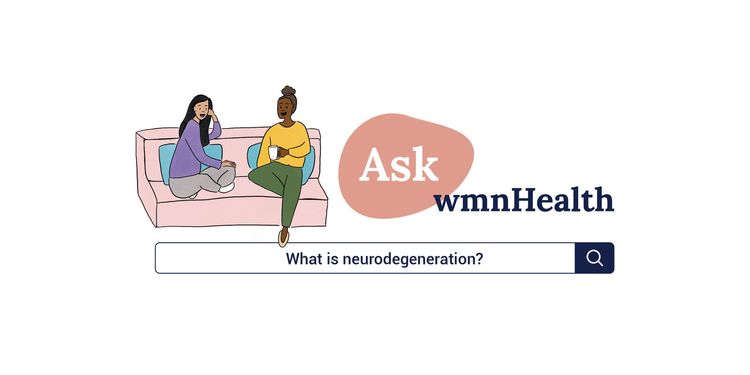
Nearly 90,000 people are diagnosed with Parkinson's disease (PD) in the U.S. each year, making it the second-most common neurodegenerative disease. Yet, experts are still learning how the condition manifests in women, making women with Parkinson's less likely to be diagnosed or to receive the social support they need.
Caroline Thornton, a horse breeder in rural Ontario, had her life upended in June 2021 when she was diagnosed with Parkinson's. Since then, she has not only learned to accept, cope with, and manage the condition, but is also taking others along on the journey through her advocacy work in the Parkinson's community.
wmnHealth spoke with Thornton, who volunteers with Parkinson Canada, about leading a fulfilling life with Parkinson's, and her efforts to help others with the condition.
This interview has been edited for length and clarity.
wmnHealth: Parkinson's is a heterogenous condition, with no two people experiencing the same symptoms that can vary over time. What led you to seek a diagnosis?
Caroline Thornton: I started having tremors in my right hand, but thought nothing of it. It didn't hurt. It was not every day, and it wasn't interfering with my life, so I ignored it until I asked my doctor about it. And she said, "Well, you know, you should probably have this checked out just because that's a wise thing to do." I wasn't expecting a diagnosis of Parkinson's, so it came as a huge shock.
Canada has the [one of the] highest rates of Parkinson's of any country in the world, and patients here are in a very difficult situation. The lack of neurologists in Canada means a two-year wait to be diagnosed. And even when somebody is diagnosed, there's a long way to get treatment from someone qualified to deal with Parkinson's.

Living with Parkinson's means coping with uncertainty on a daily basis. What is the impact of that on people's mental and cognitive health?
Thornton: I remember asking the neurologist who diagnosed me, "Are there any markers or indicators of what lies ahead for me? Can you tell me whether I will have more physical symptoms, cognitive failure, or emotional issues?" And he said, "I don't know any more than you do. I can't tell you because I have no idea."
For 99% of people who are told they have Parkinson's, the first reaction is one of shock, dismay, and panic, and I know what that feels like. Yes, there is a cognitive component, which is clearly that the brain changes — your ability to function logically and your capacity to comprehend the world around you. But there's also a lot of anxiety about how am I going to cope? Will I be able to work? How is my life going to change? What am I expected to do? And then this high anxiety is often followed by a very serious depression, which comes from not seeing any hope — at the same time that you're experiencing pain, struggling physically, and falling down. Or, maybe your voice is changing and you can't be heard.
Did you know?
Depression is one of the most frequent non-motor symptoms in Parkinson’s disease across all stages.
How are you using your experiences with Parkinson's to support others with the condition?
Thornton: After I was diagnosed, I reached out to Parkinson Canada, the national umbrella organization that looks after people with Parkinson's, and the people there were wonderfully supportive. As a consequence, I decided to become an ambassador for the organization. As a person living with the disease, I talk to people about what it is, how people can manage and cope, and what goes on in the lives of people with Parkinson's. I also speak at conferences and participate in webinars around the condition.
I'm a part of the Parkinson Advisory Council, which advises the organization's CEO on the programs and services they're developing to make sure the work they're doing effectively supports people living with the disease. We use the word "lived experience" — we have this disease 24 hours a day, seven days a week for the rest of our lives, and therefore we know what we're talking about.
What experiences have helped you accept your Parkinson's so you continue to live a full life?
Thornton: I've been horse riding since I was five years old, and I still have a horse that I ride regularly. That has been an anchor in my life. And with Parkinson's, exercise is the most important thing you can do daily. The fact that I can still get up on my horse, be outside and in the open air, and celebrate my life has been a wonderful catalyst to keep me going forward.
I'm also one of the participants at Dancing with Parkinson's Canada, a program that offers dance classes to people with Parkinson's and their families, friends, and caregivers. It started with one woman named Sarah, who taught a man with Parkinson's how to dance. Now one of the classes that I do is called Broadway Music. The instructor teaches you bit by bit, and then you string it all together until you have a dance. There are other classes, too — from simple movements for people who are more severely disabled, all the way up to much more active events for people who are more mobile. You can choose the level you want, the instructor you like, and the music you enjoy.
Dance has a lot of repetition, so your muscle memory improves, which means you learn how to do something. Then your body remembers it, so it becomes easier and easier and easier. And the social context of doing this with others has proven to be a big benefit. When people get into a group, and everybody's doing it together, and it's fun, and it's positive, people who weren't interested before might change their minds dramatically. It's a great way to get someone with Parkinson's to live a full life, and be active, social, and engaged with the world.
Photo credit: Parkinson's Canada
Subscribe to our newsletter
Get a weekly roundup of articles, inspiration, and brain health science in your inbox. Subscribe now.


